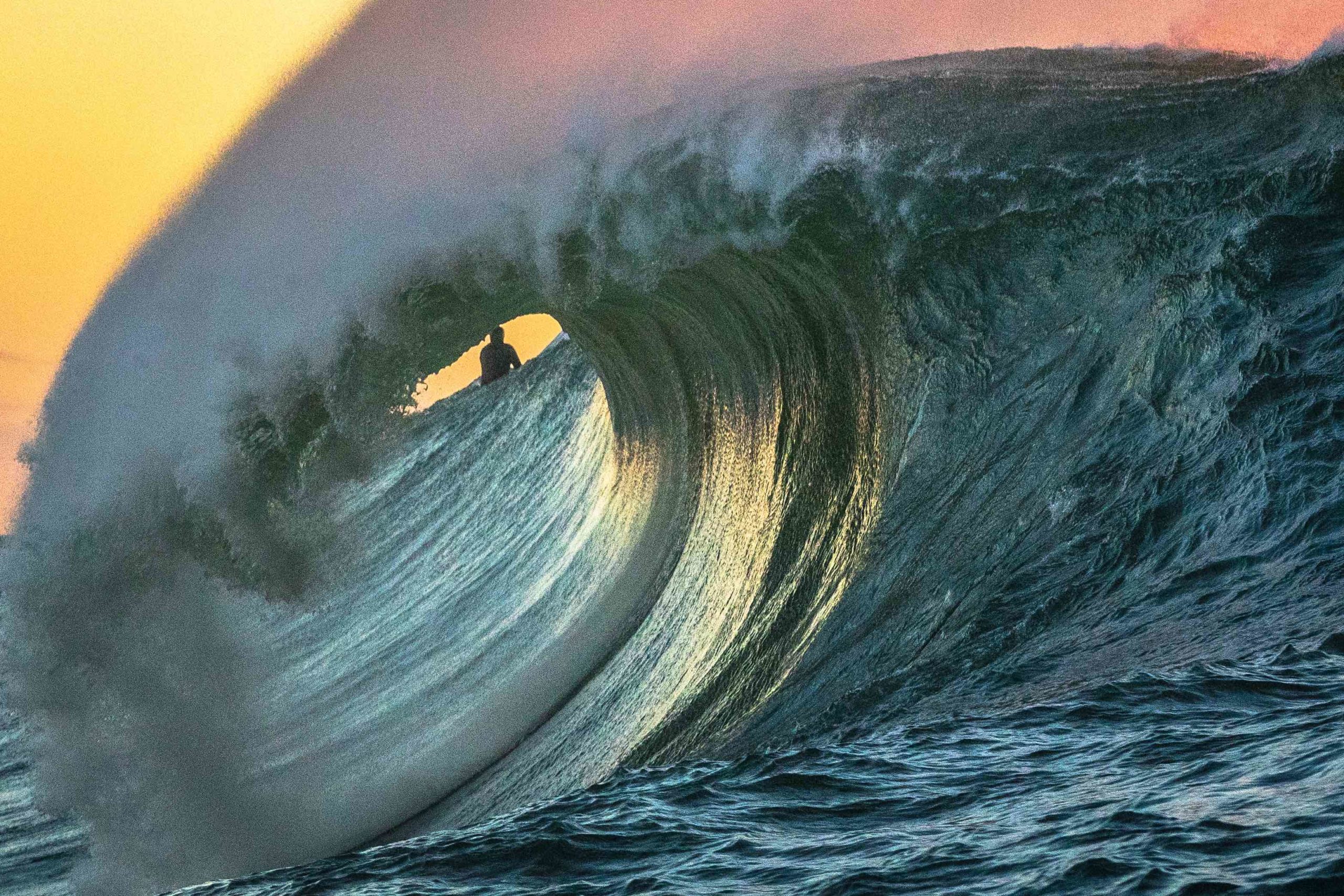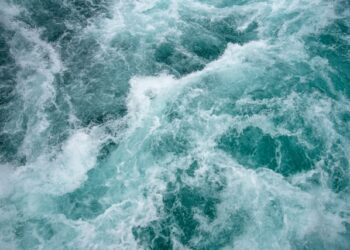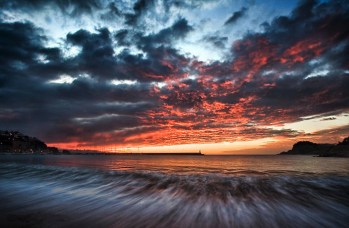
We all know that a concept is not the thing itself, and reality is far far more than thoughts about reality. But sometimes thought explorations can help us open up and move closer to the actuality of things. As we dive into concepts, it’s possible to break them apart and dismantle them, to pierce through them, so that we can become more present to reality itself.
We hear a lot of talk in spiritual circles about the illusion of separation and recognition of oneness. For most of us the sense of a separate self is very strong, and we see its evidences. We desire closeness, true intimacy. We want to feel a sense of unity, a communion of ourself and another person, or of ourself and all that is. And at the same time we feel that we want to be somebody, be something, and not lose ourselves.
Perhaps some of our difficulty in thinking about this is in how we define ourselves to begin with, how we think about ourselves when we try to find out what is really going on. Are we separate or are we that which is unity itself? In looking at our own thought process, we start to see that we are making assumptions about who and what we are, and that those assumptions affect our ability to see clearly. If we begin by defining ourselves as a set of characteristics, if we see those characteristics as who we are, that naturally sets up a separation. Everyone we know, everything we see, appears to have a different set of characteristics.
The self-definition as a set of characteristics is sometimes called the false self, which is one way of looking at it. But you would not call a wave a false ocean—it’s just a form the ocean takes on the surface, or an activity of the ocean, or the surface appearance of the ocean, or a temporary pattern in the ocean—whatever description makes sense to you. If an ocean wave could talk and it said “I am a separate entity,” that would obviously be a false statement. It would be inaccurate, mistaken. Nonetheless, we don’t deny the presence of waves in the ocean, and we see the wave functioning as a wave. What is false is believing the wave’s self-definition as if it was all that could be understood about the wave, as if its form was its essence.
The more we identify with a self-definition and the more we believe that is all we are, the more we want to defend its existence and the characteristics we think it’s made of—attributes, beliefs, stories, and points of view. The self-definition depends upon being separate from other definitions, different. It depends upon being finite, upon being limited to only certain sets of characteristics. It is ironic that the very definition of being separate and independent depends upon having other things to be separate from.
If we try to look at the wave from the point of view of the ocean, we see the possibility of a reality that does not deny the wave, but that looks at it in a different way. Extending this further, the ocean’s point of view sees the waves as consisting of and deriving all their power from the ocean, with their very existence and their characteristics originating from and dependent on the ocean. The wave is made of the vastness of the ocean. Moment by moment, every move, every gesture, made possible only due to the ocean out of which it is continuously arising.
From a limited perspective, it’s easy for the wave to self-identify as a wave, and to experience itself as separate. The question now becomes, Is it possible for the wave to become aware of that by which it is given the power to move? To become aware of and recognize that from which every characteristic is derived? To feel and experience the substance of its being?
This possibility is not about adopting a different idea or a different concept. The conceptual can open the mind to new possibilities, but it’s not enough. If all we have is a concept, then it’s just another idea, another belief. If we want to know for ourselves what’s real, what’s actually going on, we need to explore it for ourselves. We’re not trying to create something new, or put on an overlay of a different set of characteristics. We’re trying to discover what’s actually going on. And we’re trying to unwrap the false assumptions and conclusions that hold us back from that discovery.
Investigating the actual nature of the wave, the actual moment-by-moment source of the wave, means going deeper than appearances, deeper than characteristics and behaviors on the surface. It means questioning our assumptions and the statements we make to ourselves about what and who we are. To actually experience the ocean requires diving into it, being immersed in it. That’s what meditation is for. That’s what spiritual practice is for. And just as if we were exploring an unfamiliar territory on land—in the outer world—and wanted to explore it deeply without wasting time on unnecessary detours, that’s where a qualified guide, a true spiritual teacher, is invaluable.
As the wave’s awareness of the ocean grows, the experience of being a wave becomes proportionately less dominant. It becomes easier for us to see, “Aah, this is the wave-experience aspect, it isn’t all that is.” The shape of something, the form it takes, is not what it is, any more than a chocolate bunny is an actual rabbit.
As we become more familiar with the experience of the depths of the ocean, we start to become more conscious of it even while we engage in the activity of the wave. Just as we carry with us a remembered felt sense of home even if we go somewhere else, we start to have more of a felt sense of the presence of the ocean. We start to develop the knack of being able to pause and remember it, feel into it.
When we’re no longer totally bound by the wave experience, then the felt sense of separation starts to relax its hold. And when the false starts to relax its hold, space opens up for something more real. That space is way more inclusive. That space is way more allowing. That space is way more porous.
In that space, what is actually going on—and what has actually been the case all along—can make itself known.
© 2022 Shanti Natania Grace
Photo by Todd Turner on Unsplash
~~~~~~~~~~~
The Sea Is Everything
by Jules Verne
The sea is everything.
It covers seven tenths of the terrestrial globe.
Its breath is pure and healthy.
It is an immense desert, where man is never lonely,
for he feels life stirring on all sides.
The sea is only the embodiment of a supernatural and
wonderful existence.
It is nothing but love and emotion;
it is the Living Infinite.















